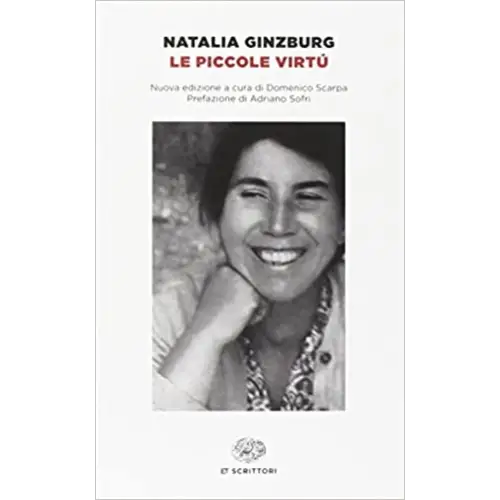This book offers a compelling glimpse into what it means to be a woman according to Natalia Ginzburg. Her approach is often painful, yet always practical and at times almost curt, amidst the joys and pains of life. Among the chapters, "Ritratto d'un amico" is particularly remembered as one of the finest portraits ever written of the man Cesare Pavese. The pages written immediately after the war poignantly illuminate the experience of those terrible years while simultaneously, as in "Le scarpe rotte," retaining an almost miraculous sense of humor. Also mentioned are pieces like "Silenzio" and "Le piccole virtù," in which Ginzburg, a moral observer born from a warm family background, sharply observes the ills of the century. The highlight, however, is the autobiographical and ironic "Lui e io," in which the contrasting characters evolves from a comic starting point into a loving poem about married life. (Italo Calvino). The edition includes an essay by Domenico Scarpa, "The Road of Natalia Ginzburg," and includes textual information, a critical anthology, a bibliography, and a chronology of the author's life and work. A foreword by Adriano Sofri.

